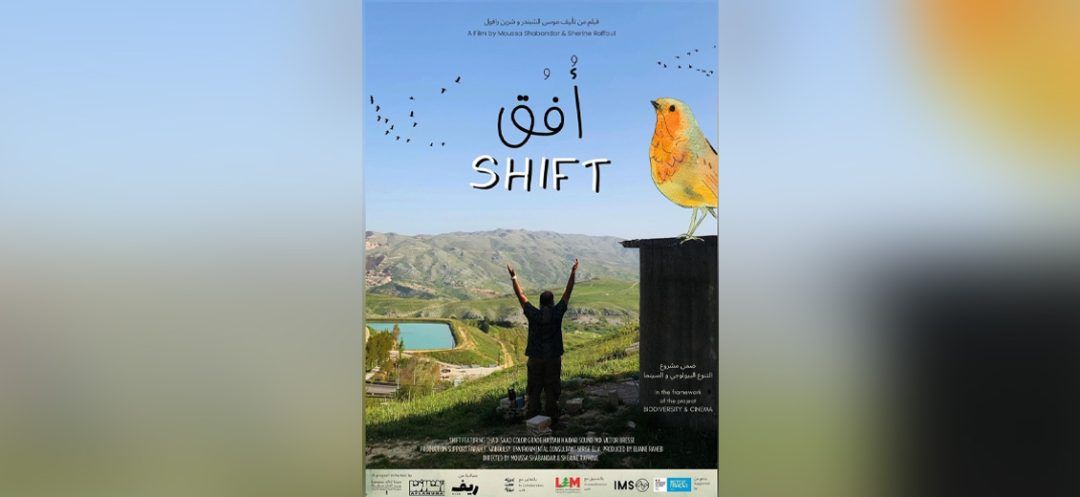
Shift, directed by Sherine Raffoul and Moussa Shabandar, explores the transition of Chadi Saad, a former hunter turned bird observer, within the framework of the Biodiversity and Cinema project. This film, focusing on personal and ecological metamorphosis, is screened at the REEF festival in Kobayat on July 26, 27 and 28, 2024.
Shift is a documentary directed by Sherine Raffoul and Moussa Shabandar, featuring Chadi Saad, with Serge Elia as the environmental consultant. Produced by Eliane Raheb, this project was initiated by the REEF, Hammana Artist House and Aflamuna. It is supported by the Institut Français, in collaboration with the LEM (Lebanese Environmental Movement) and IMS (International Media Support), within the Biodiversity and Cinema workshop.
In a chaotic environment where everything calls for division and wars are raging, young filmmakers strive to tell extraordinary stories that are yet so close to the essence. Everything starts with a guiding thread, a camera and eyes lifted to the sky.
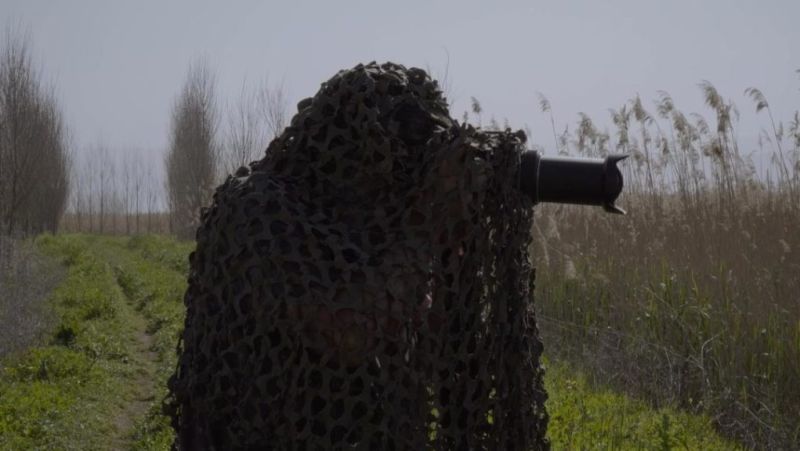
Sherine Raffoul and Moussa Shabandar capture the words of Chady Saad in the high Lebanese mountains. The audience witnesses a poignant testimony from a man who was once a hunter, now condemning bird hunting as criminal. Chadi attributes his change in perspective to the beautiful colors of the birds and his readings, notably those of Spinoza, who revealed to him that man and nature are one. This documentary highlights the importance of a philosophical and scientific understanding, along with the necessity of documenting migratory birds and those seeking refuge in the heart of Lebanon. Watching Shift is essential for a reassessment, but also to, as director Sherine Raffoul says, "meet the birds."
Interview With Sherine Raffoul
How did you choose your main character?
We wanted to explore the avian migratory route through the eyes of Chadi Saad, someone who knows it very well and has chosen it as his vocation. We are also interested in the concept of life transition and changing perceptions. Chadi is one of the pioneers in the region who first observed birds with his eyes and then a few years later with a camera. A former intensive hunter, he chose to prioritize birds in his life, to understand their diversity and behavior. Living in sync with their passage, witnessing their birth, their mourning, their daily life, instead of killing them.
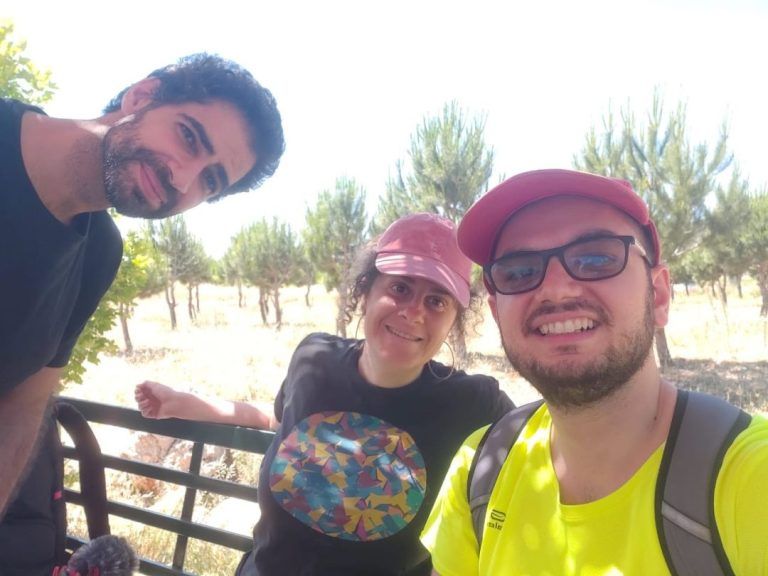
What perspective does your camera aim to show?
Our film is part of a series of eight films produced within the framework of the Biodiversity and Cinema workshop. Each film addresses a particular aspect of our Lebanese heritage. Choosing to show the birds was essential for us because Lebanon is one of the main migratory corridors. We are part of the second avian route, the largest in the world. What we seek to highlight in this film, in addition to the incredible diversity of birds in the Lebanese sky, is to show an alternative: birdwatching. Irresponsible hunting practices endanger the lives of our feathered friends each migratory season. Illegal hunting has always been common in Lebanon; the methods employed are numerous. Hunters no longer kill a few birds like responsible hunters; they massacre them, often knowing very little about their prey. Many birds are killed just for fun, without being eaten. This film aims to highlight the possibility of more responsible hunting and to spark the curiosity of our contemporaries about the wonders of nature.
What was the turning point for your character?
He changed his perception of the sky. Seeing the sky with new eyes is a miracle.
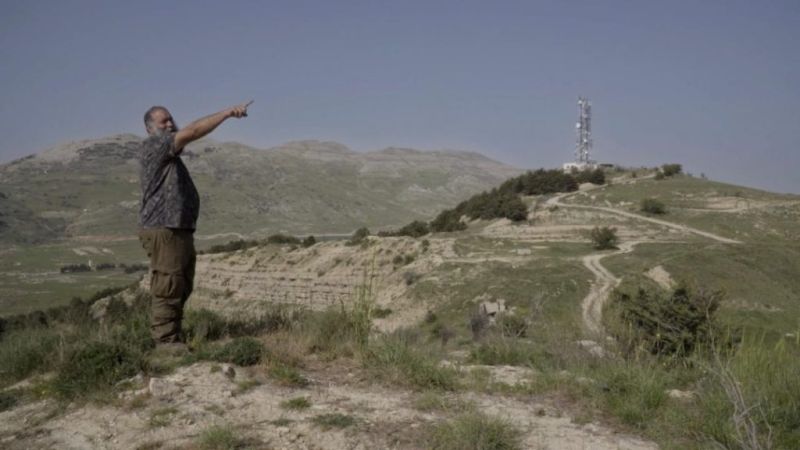
What fascinates you about migratory birds?
Lebanon is on the second largest migratory route in the world; birds come from Russia and Europe in the autumn to migrate to South Africa and return in the spring by the same path. It is fabulous when you think about it: 214 different bird species cross our sky each year, including local and migratory birds. It's a unique chance in the world. Very few Lebanese are aware of this.
Do you believe in the power of cinema to make a difference?
A documentary film, in this case, is a facilitating language that helps shed light on complex subjects and clarify functions. Once screened, it allows for discussion. In Lebanon, hunting is a difficult topic to explain. Many do not seek to question their actions. Showing the repercussions of our individual habits on the whole is always a way to open the debate, provoke the development of thought, and potentially create a change towards more virtuous habits. It is important to create a change in people, not just by offering them a different perspective, but by allowing them to delve into the subject, to feel it, to live it. Cinema provides a foretaste, but nothing equals direct experience.
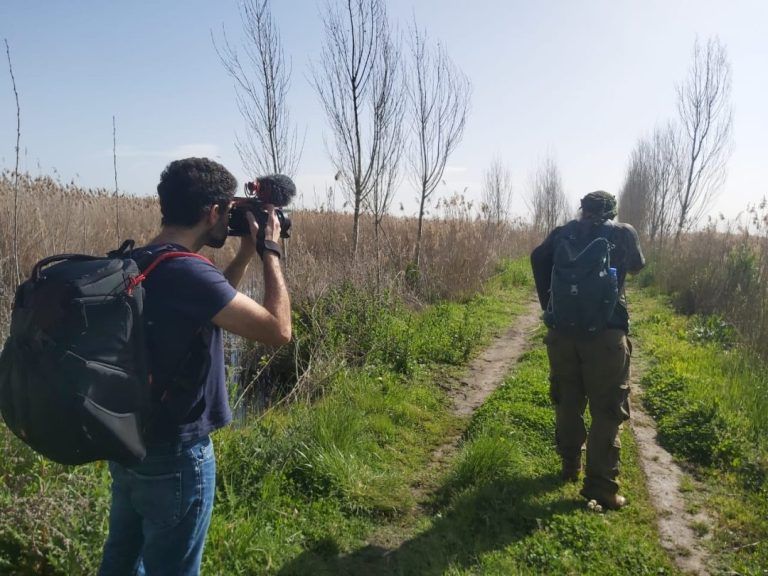
Read more


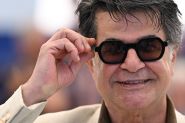
Comments